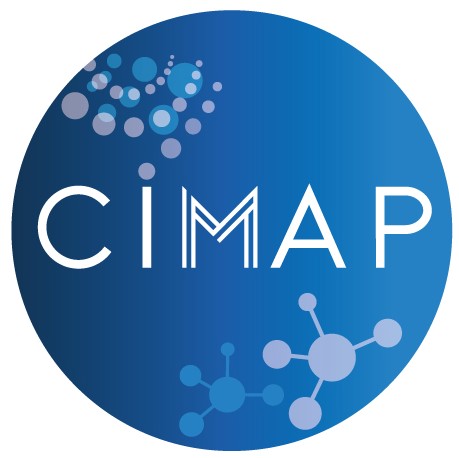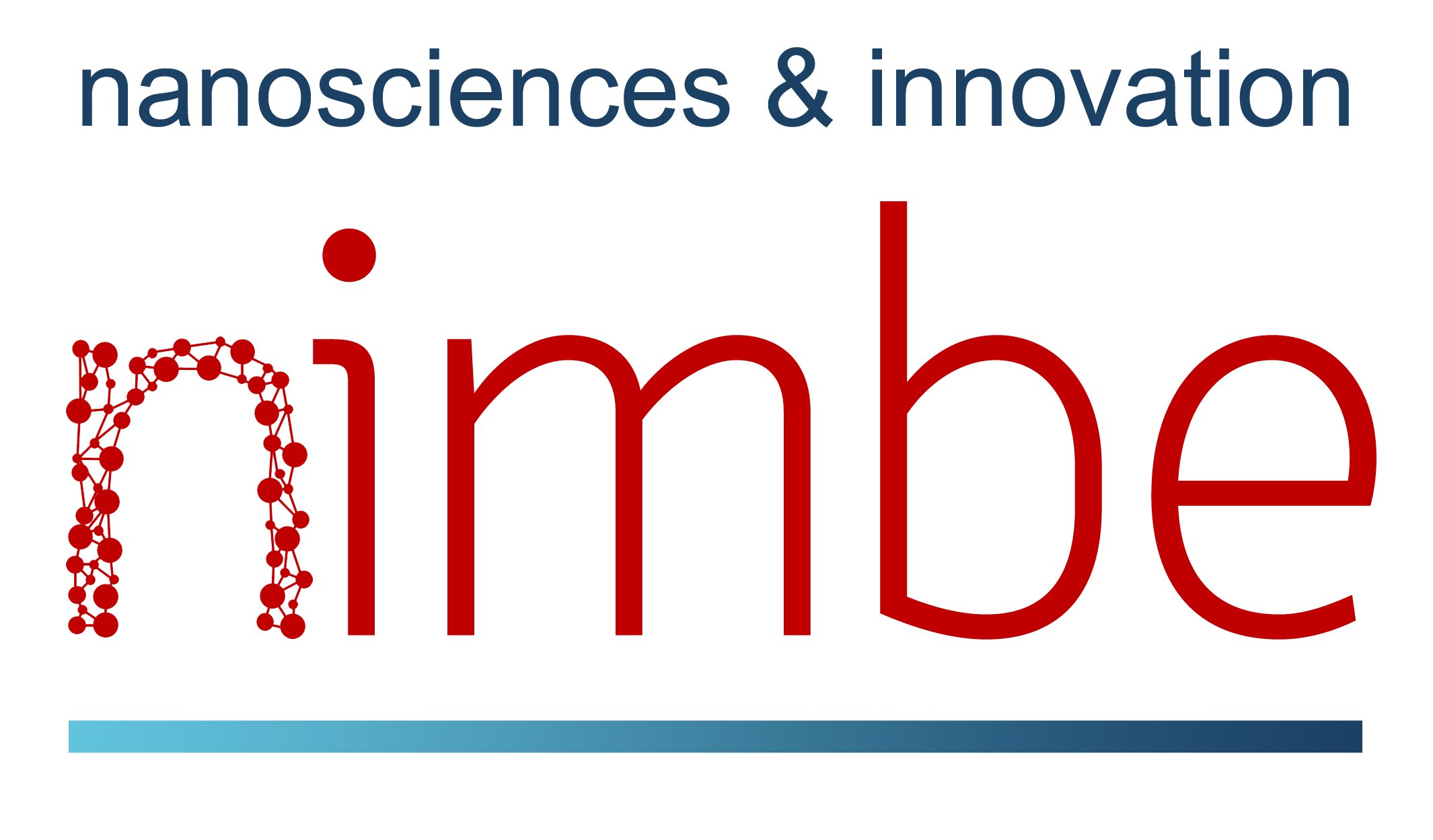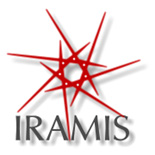Offre de contrat post-doctoral sur le sujet : "Étude structurale d'apatites phosphocalciques pour le confinement de radionucléides à vie longue" au Laboratoire des solides irradiés (LSI). Voir la description du poste.
L'enjeu du sujet est de proposer des solutions innovantes à la gestion des déchets radioactifs en stockage géologique profond, plus particulièrement au conditionnement de trois radionucléides à vie longue (14C, 36Cl et 129I) caractérisés par une mobilité élevée dans l'environnement. La solution proposée est de les immobiliser dans une matrice à haute durabilité chimique (i.e. présentant un faible niveau d'altération par interaction avec des vecteurs de dissémination tels que l'eau). Pour ce faire, il est proposé de recourir à une matrice de phosphate de calcium à structure apatitique, minéral dont les propriétés remarquables de durabilité sont bien établies.
L’objectif du projet est de comparer deux voies de synthèse pour la production des d’apatites destinées à incorporer des anions iodate, chlorure et/ou carbonate : une voie par céramisation (co-précipitation et frittage à basse température) et une voie par cimentation (dans laquelle la solution contenant les anions à insolubiliser constituera la solution de gâchage). L’objectif du post-doctorat est l’étude cristallochimique complète des apatites substituées en fonction des conditions d’élaboration, de la teneur en anions et des combinaisons proposées.
Contact : Marie-Noelle de Noirfontaine et Mireille Courtial, LSI
Offer of a post-doctoral contract on the topic: "Structural study of phosphocalcic apatites for the containment of long-lived radionuclides" - See the full description of the post-doc topic.
The aim of this project is to propose innovative solutions for the storage of radioactive waste in deep geological repositories, and more specifically for the conditioning of three long-lived radionuclides(14C, 36Cland 129I) characterized by high mobility in the environment. The proposed solution is to immobilize them in a matrix with high chemical durability (i.e. with a low level of alteration through interaction with dissemination vectors such as water). To achieve this, it is proposed to use a calcium phosphate matrix with an apatite structure, a mineral whose remarkable durability properties are well established.
The project's objective is to compare two synthesis routes for the production of apatites designed to incorporate iodate, chloride and/or carbonate anions: a ceramization route (co-precipitation and low-temperature sintering) and a cementation route (in which the solution containing the anions to be insolubilized will constitute the mixing solution). The aim of the post-doctorate is to carry out a complete crystallochemical study of substituted apatites as a function of processing conditions, anion content and proposed combinations.











